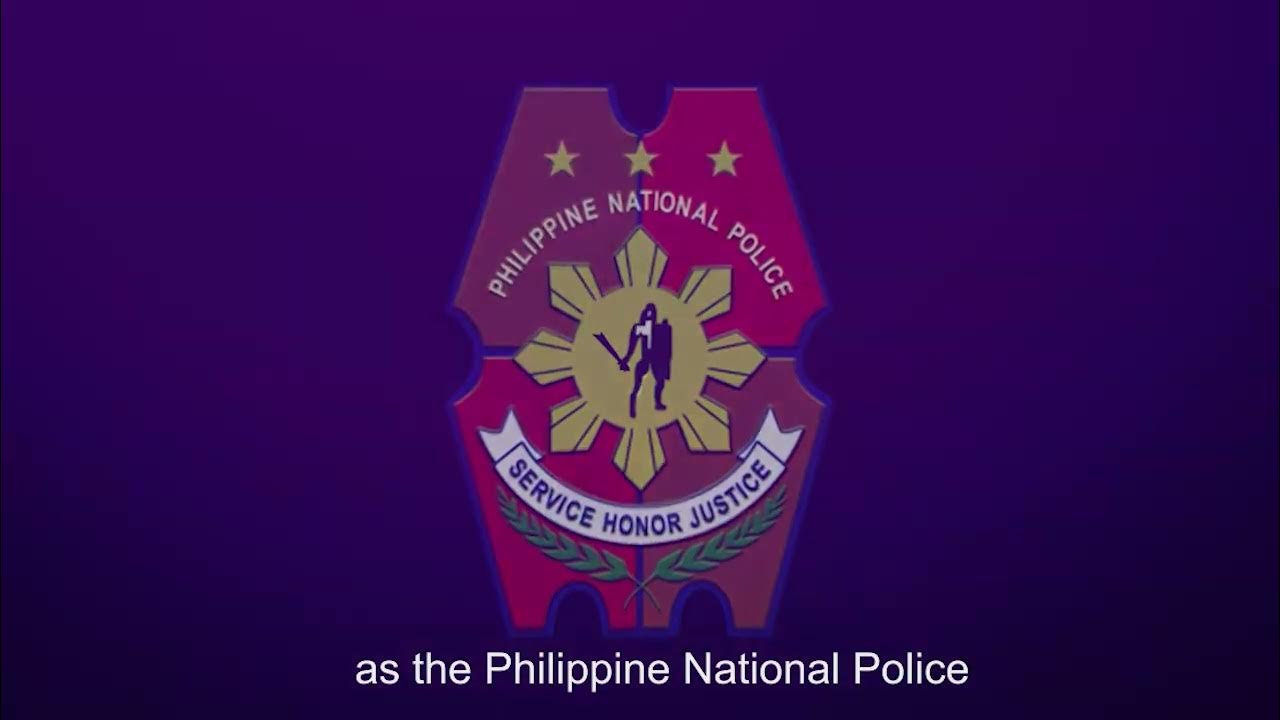POLICE
Summary
TLDRThe video script delves into the concept and evolution of law enforcement, focusing on the Philippine National Police as part of the executive branch. It distinguishes between 'police' as an agency and 'policeman' as an individual, emphasizing the police's role in crime prevention, detection, and public service. The script contrasts the continental and home rule theories of policing, highlighting the modern approach where police are viewed as community servants, aiming for crime prevention rather than just apprehension.
Takeaways
- 🏫 The term 'police' originates from the Roman word 'felicia', which pertains to the condition of a state's government and administration.
- 👮♂️ 'Police' and 'law enforcement agency' are not interchangeable; the latter is broader and includes other government agencies involved in law enforcement.
- 📚 The Philippine National Police (PNP) is part of the executive branch of the government and is tasked with enforcing laws and maintaining public order.
- 🔍 The primary activities of the police include crime prevention, repression, apprehension, search and seizure, investigation, and protection of lives and properties.
- 📝 The acronym 'P-R-A-S-I-P' helps to remember the main police activities: Prevention, Repression, Apprehension/Arrest, Search, Investigation, and Protection.
- 🌐 The concept of police service varies globally, with the Continental Theory viewing police as servants of higher authorities, and the Home Rule Theory considering them as community servants.
- 🏛️ The Home Rule Theory, which is practiced in the Philippines, emphasizes that police are public servants whose effectiveness is dependent on community needs and support.
- 📖 The evolution of the term 'police' includes its adaptation from the Greek and French languages, with the Filipino adaptation making it more compatible with local pronunciation and spelling.
- 👥 Juridical persons, such as corporations and associations, have legal rights and obligations, whereas natural persons refer to human beings.
- 🔑 The modern concept of police service focuses on public service and community relations, moving beyond traditional roles of crime apprehension and punishment.
- 🎓 The Philippine National Police operates under the modern concept, identifying as public servants and emphasizing their role in serving the community effectively.
Q & A
What are the six subject areas in the criminology board exam?
-The six subject areas in the criminology board exam are law, criminal sociology, corrections, criminalistics and investigation, and two other areas mentioned in the script but not specified.
What is the primary responsibility of the police?
-The primary responsibility of the police is to enforce the law, maintain public order, and prevent and detect crimes.
Can the terms 'police' and 'law enforcement agency' be used interchangeably?
-While the term 'police' can be used interchangeably with 'law enforcement agency' in ordinary communication, strictly speaking, it is not accurate because a law enforcement agency is broader and includes other agencies under the executive branch of the government that enforce laws.
What is the role of the Bureau of Internal Revenue (BIR) in the context of law enforcement?
-The Bureau of Internal Revenue (BIR) enforces tax laws and is part of the broader law enforcement agencies under the executive branch of the government.
What are the three branches of government and their respective roles?
-The three branches of government are the executive, the judiciary, and the legislative. The legislative branch is responsible for creating laws, the judiciary interprets and applies the laws, and the executive branch enforces the laws.
What is the focus of the handbook mentioned in the script?
-The focus of the handbook is the Philippine National Police, which is part of the executive branch of the government and enforces laws.
How can the term 'police' be used both as a noun and a verb?
-As a noun, 'police' refers to the agency or the collective group of individuals employed in that agency. As a verb, it refers to the act of maintaining discipline or ensuring that rules are observed.
What is the acronym that helps remember the different police activities?
-The acronym to remember the different police activities is P-R-A-S-I-H, standing for Prevention, Repression, Apprehension/Arrest, Search, Investigation, and Protection.
What is the source of the term 'police' and how did it evolve?
-The term 'police' evolved from the Roman word 'policia', which means the condition of a state, government, and administration. It was further translated by the French to 'police' to refer to a law enforcer, and the Filipinos adapted the term to fit their pronunciation and spelling.
What are the two fundamental theories of police service mentioned in the script?
-The two fundamental theories of police service are the Continental Theory, where police are considered servants of higher authorities, and the Home Rule Theory, where police are considered servants of the community.
How does the modern concept of police service differ from the old concept?
-In the old concept, the public viewed police effectiveness based on the number of arrests made. In contrast, the modern concept views police effectiveness in the absence of crime and includes a broader range of functions such as public service and community relations.
Outlines

This section is available to paid users only. Please upgrade to access this part.
Upgrade NowMindmap

This section is available to paid users only. Please upgrade to access this part.
Upgrade NowKeywords

This section is available to paid users only. Please upgrade to access this part.
Upgrade NowHighlights

This section is available to paid users only. Please upgrade to access this part.
Upgrade NowTranscripts

This section is available to paid users only. Please upgrade to access this part.
Upgrade NowBrowse More Related Video
5.0 / 5 (0 votes)





